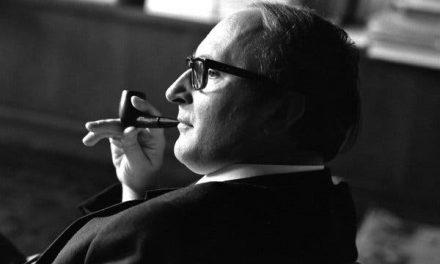It is no secret that the medical establishment will do things that push the boundaries of ethics in order to get more organs. From the Harvard Brain Death Commission claiming that living human bodies with homeostasis can be described as “dead”, to a 2009 Nature editorial which called for harvesting organs before brain death given that it is not a “clear, unambiguous boundary,” we know that a nearly pure utilitarian approach is very attractive for many who work in organ donation.
This was brought home in today’s Guardian:
A new BMA report on ways to increase the supply of organs, which it has shown to the Guardian, has revived the intense ethical debate about how far doctors should go to help save the lives of the growing number of patients with organ failure.
Patients could be kept alive solely so they can become organ donors, hearts could be retrieved from newborn babies for the first time, and body parts could be taken from high-risk donors as part of an urgent medical and ethical revolution to ease Britain’s chronic shortage of organs, doctors‘ leaders say.
Hearts could also be taken from recently deceased patients and restarted in those needing a cardiac transplant, under controversial proposals from the British Medical Association intended to stop up to 1,000 people a year dying because of the country’s chronic shortage of organs.
Other ideas suggested for increasing the organ supply include:
• Encouraging A&E staff to identify more dying patients who might donate, as relatives of up to 400 people who die in A&E each year are not being asked about it.
• Advertising campaigns to reduce the 35% refusal rate among families who are asked to allow their loved one’s organs to be retrieved.
• Action to highlight the “moral disparity” of those who say they would accept an organ but would not donate one.
The report notes that some of these are “interventions that could jeopardise professional and public confidence in all forms of donation” and that some believe that the practices are “at the very edge of acceptability.”





Charlie, was talk of an opt out system instead of opt in part of the report?
What would you consider the most controversial or problematic (I cannot get article to open on mobile device).
They’ve long had extensive outreach and study of the major religious groups seeking ways to increase donation within families….(fact sheets I use in class on each religion) but the study showered a high level of fear of being not treated r declared dead too quickly if listed as organ donor…..